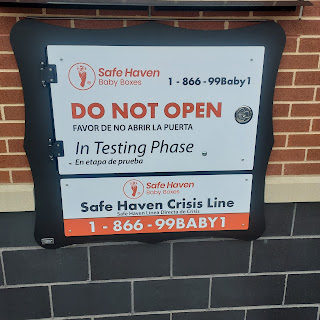There are over 8 billion people living on Earth. That figure continues to grow rapidly as calculated by populationmatters.org
The United States, at just over 326 million people,
makes up just over 4% of those 8 billion.
It continues to bemuse and befuddle me as to why many
folk in the United States, particularly within Christian prophecy enthusiast
communities, seem to think that God cares only for the 4%.
When major political or economic events take place in
America, prophecy enthusiasts claim that God has been activated and is either
blessing or cursing the nation.
I have not heard anyone claim God’s intervention in
the affairs of Syria, which are by far much more dramatic, life-changing and of
“Biblical proportions” to the Syrians than anything that effects us in America.
Global Conflict Tracker (https://www.cfr.org/global-conflict-tracker/)
shows many areas of the world that continue in war. There is, of course Ukraine;
also Myanmar.
I suspect that most people in America are aware of the
war in Ukraine solely because it has such “policy-influence” for us. Fewer folk
will know about Myanmar or other areas of conflict.
Are we Americans so utterly self-centered and
marinated in hubris that we believe that God looks only upon us, the 4% while dismissing
the other 96%!?
Epiphany will take place on January 6, 2025. Epiphany
is celebrated within Christian tradition as an opening of the community to
those beyond the local/Jewish community in which Jesus grew up.
During these days toward Epiphany and beyond, let us
seek and practice Christian humility, as modeled by Jesus and encouraged in the
epistles, and cast a Christ-like heart toward the stranger, the other, and even
the enemy.











